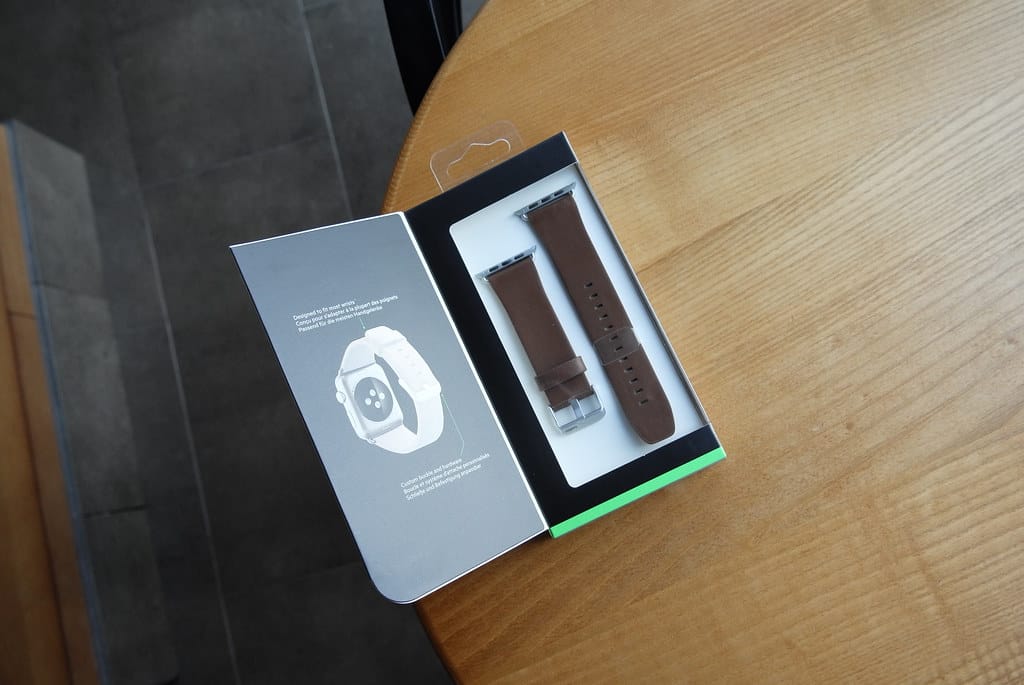German Court Delivers Reality Check: Apple Must Stop "Carbon Neutral" Claims for Apple Watch
A Hamburg court has handed Apple a significant legal setback, ruling that the tech giant must cease marketing its Apple Watch as "carbon neutral" in Germany. The decision marks a pivotal moment in the growing scrutiny of corporate environmental claims and could signal broader challenges ahead for Apple's sustainability messaging worldwide.
The Court's Verdict: Marketing vs. Reality
The Hamburg Regional Court ruled in favor of Deutsche Umwelthilfe (DUH), a prominent German environmental organization, which argued that Apple's carbon neutral claims were misleading consumers. The court found that Apple's marketing materials failed to adequately explain how the company achieves carbon neutrality, particularly regarding the controversial use of carbon offsets.
Apple has promoted select Apple Watch models as carbon neutral since September 2023, citing reduced emissions in manufacturing and transportation, coupled with investments in carbon removal projects. However, the German court determined that the company's explanations were insufficient and potentially deceptive to average consumers.
The Carbon Offset Controversy
At the heart of the dispute lies Apple's reliance on carbon offsets to achieve its neutrality claims. While Apple has made genuine progress in reducing direct emissions—using recycled materials, renewable energy in manufacturing, and eliminating leather from watch bands—the company still depends heavily on offset purchases to balance remaining emissions.
Environmental critics argue that carbon offsets are often unreliable and may not deliver the promised environmental benefits. DUH specifically challenged whether Apple's offset projects truly compensate for the emissions generated during Apple Watch production and distribution.
"Companies cannot simply buy their way out of their climate responsibilities," said Barbara Metz, DUH's Federal Managing Director, following the court ruling. "Real climate protection requires actual emission reductions, not just paper promises."
Apple's Response and Broader Implications
Apple has stated it will appeal the decision, maintaining that its carbon neutral claims are accurate and transparently communicated. The company points to its detailed environmental reports and third-party verification of its carbon accounting methods as evidence of its commitment to genuine sustainability.
However, this legal challenge represents more than just a German court decision. It reflects growing global skepticism about corporate environmental claims, particularly those heavily reliant on carbon offsets. Similar legal challenges have emerged across Europe, with regulators increasingly scrutinizing "greenwashing" practices.
The Ripple Effect on Tech Industry
The Hamburg ruling could have far-reaching consequences beyond Apple. Major tech companies including Google, Microsoft, and Amazon have all made bold carbon neutrality or net-zero commitments, many involving significant offset purchases. If courts begin strictly interpreting how companies can market these achievements, the entire industry may need to reassess their environmental messaging.
The decision also arrives as the European Union prepares new regulations on environmental claims in advertising. The proposed "Green Claims Directive" would require companies to provide scientific evidence for sustainability assertions, potentially making Apple's current approach legally problematic across all EU markets.
What This Means for Consumers
For consumers, the ruling highlights the complexity behind environmental marketing claims. While Apple has genuinely reduced some emissions in Apple Watch production, the carbon neutral label may create a false impression that purchasing the device has no climate impact whatsoever.
Environmental advocates argue this case demonstrates why consumers should look beyond marketing labels to understand companies' actual environmental practices. They recommend focusing on concrete actions like renewable energy adoption, waste reduction, and product longevity rather than offset-dependent neutrality claims.
Looking Forward: A New Standard for Environmental Claims?
The Hamburg court decision may represent a watershed moment for corporate environmental communication. As climate concerns intensify and regulatory scrutiny increases, companies may need to adopt more conservative and transparent approaches to sustainability marketing.
For Apple, this ruling presents both a challenge and an opportunity. While the company must modify its German marketing materials, it could use this moment to strengthen its environmental commitments and communication strategies. Moving beyond offset-dependent claims toward more aggressive direct emission reductions could ultimately enhance both its environmental impact and brand credibility.
The tech industry's response to this ruling will likely influence how environmental claims are made and regulated globally, potentially ushering in a new era of accountability in corporate sustainability communications.

